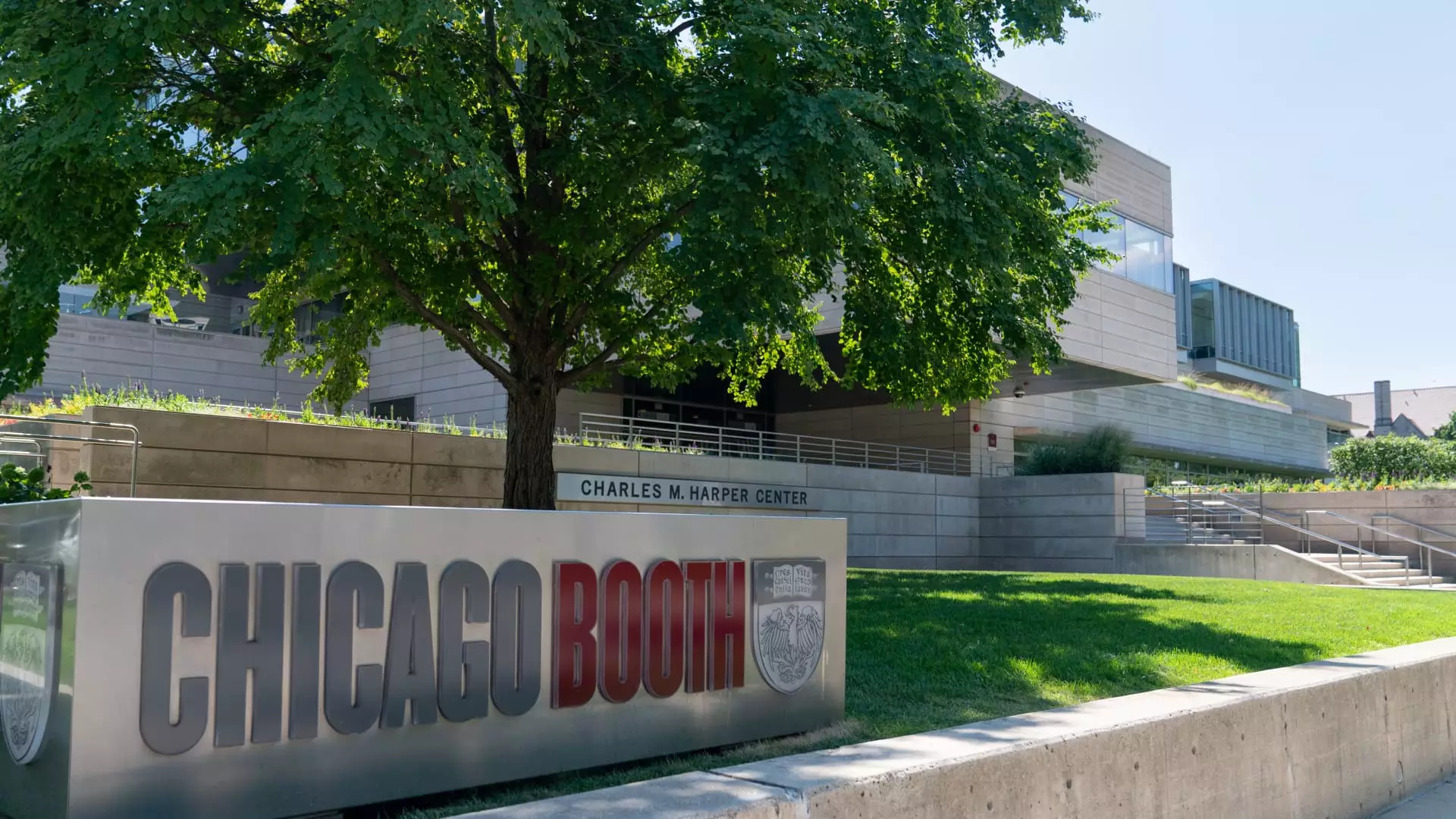In recent years, there has been a remarkable transformation in the landscape of wealth management, particularly manifested through the surge in family offices. Once considered exclusive to the ultra-wealthy elite, family offices are now being recognized as essential entities for managing investments and sustaining family wealth across generations. This shift comes at a time when assets held by family offices are projected to grow from $3.1 trillion today to an astounding $5.4 trillion by 2030, according to Deloitte. Such changes make it imperative for academic institutions to step in and provide structured education geared towards cultivating skilled leaders who can navigate the complexities of this burgeoning field.
The establishment of dedicated initiatives by elite institutions like the University of Chicago Booth School of Business signifies a growing recognition of family offices as potent economic players. The Booth Family Office Initiative blends research, course offerings, and summits to cultivate a new generation of family office executives. It draws from a council comprising 50 leaders in the field, enabling a practical and academic partnership that seeks to address the multifaceted challenges family offices face today.
The Booth Initiative is far from an isolated development; rather, it reflects a broader trend among top business schools across the United States such as Harvard, Columbia, and Northwestern, which have also been developing courses and programs dedicated to the needs of family-owned businesses. However, Booth’s efforts represent the most significant commitment to the family office sector in two decades, a move that highlights the increasing merger of academia with real-world business needs.
Influential organizations like the Wharton Global Family Alliance have long been at the forefront of this movement, providing resources that span research, workshops, and collaborative events. Such academic programs not only offer a training ground for future leaders but also serve as a magnet for potential research funding, as institutions recognize the vast economic weight held by these family offices and their founders. Students gain access to both quality education and opportunities for networking within a demographic rich in resources.
Central to the mission of the Booth Initiative, and indeed any academic endeavor in this space, is the emphasis on research. While many private banks and wealth management firms generate numerous surveys and analyses, academic institutions aim to produce findings that are more rigorous, objective, and grounded in empirical data. For instance, Booth’s collaboration with software firms, which manage back-office functions for family offices, provides invaluable anonymized data that helps circumvent the pitfalls of subjective opinions.
The focus on behavioral economics sheds light on another critical aspect of family office management: the human element. As Paul Carbone, co-founder and vice chairman of Pritzker Private Capital, points out, many family offices are grappling with complex interpersonal dynamics that can significantly affect decision-making processes. Understanding these behavioral dimensions, as well as the technical aspects of investment and risk management, equips future leaders with the skills required to foster healthy family relationships and sound financial practices.
In addition to educational frameworks, academic institutions are also stepping in to provide spaces for peer networking that commercial forums often lack. As family offices increasingly drift away from conferences that have become intertwined with commercial agendas, academic-hosted events offer a refreshing, untainted environment for sharing insights and strategies. Institutions like Wharton organize exclusive roundtable forums that are highly sought after, limited in attendance to maintain intimacy and collaboration among attendees.
Booth is poised to follow suit with its own Family Office Summit next May, which aims to provide that same sanctum for idea exchange among family office leaders without the encumbrance of commercial pressures. By offering structured opportunities for family members to convene and learn from one another, these academic venues might cultivate innovative strategies that enhance generational wealth retention and growth.
The intersection of academia and wealth management is poised for monumental shifts as the demand for family office expertise continues to rise. The actions taken by institutions like Booth and Wharton signify a recognition not just of economic necessity but of the importance of character development, relational dynamics, and intellectual rigor. As family offices evolve to meet the demands of a modern investment landscape, the role of education in shaping their future cannot be overstated. In embracing this challenge, universities are poised to leave an indelible mark on the family office sector, ensuring that the upcoming leaders are well-equipped to sustain and grow wealth responsibly and effectively across generations.

